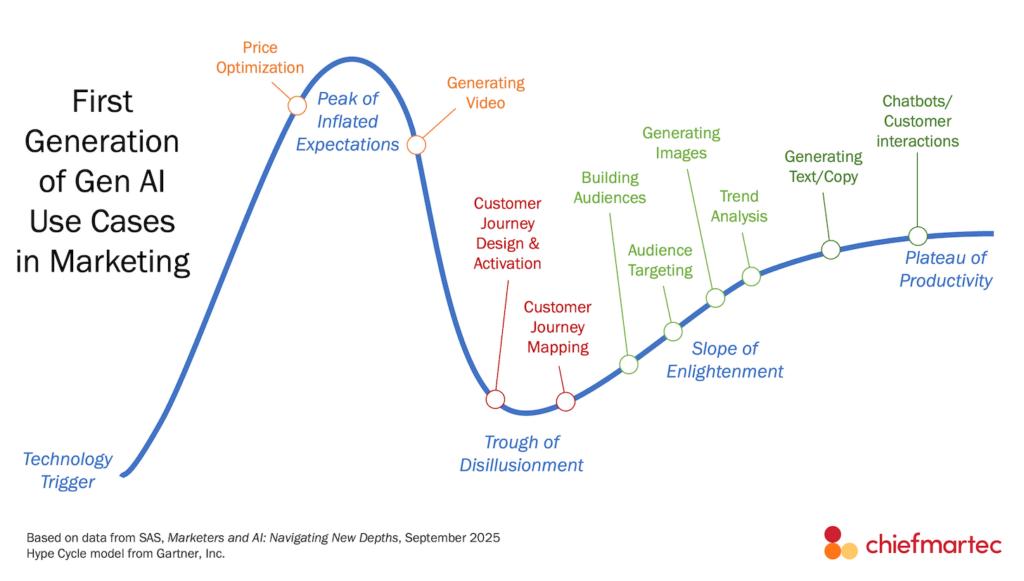If I had a litmus test for marketing technologists, it would be this: do you use Firebug?
Firebug — in case you don’t know — is an add-on for the Firefox web browser that gives you a wealth of tools for peeking at, poking into, and debugging HTML, CSS, Javascript, and the underlying network activity going on in your web browser. If you’re a web developer, this is almost certainly already in your toolbox.
But it’s not just for web developers.
Every marketing technologist should be proficient with Firebug. Why? Because digital marketing manifests itself through the web. Almost all of the 8 things every marketing technologist should know — or at least be familiar with — are connected through the web.
Firebug gives you an insider’s view of how those technologies are working (or not) from the perspective of the web browser. For instance, you can use Firebug to:
- make sure web analytics code is properly installed, firing correctly
- quickly verify page structure and link best practices for SEO
- understand page load time and caching, which elements are slowing you down
- peek at tracking cookies managed by your application or third parties
- verify that integration of social media widgets are working correctly
- see how your software-as-a-service marketing applications are performing
- examine dynamic advertising code and monitor its data exchange
- profile your web site performance — including client-side Javascript
- peer under the covers of web services and analytics competitors are running
- and more (check out all the great Firebug Extensions…)
Mastering Firebug, even if you’re not a web developer or CSS designer, gives you the power to know what’s actually going on with so many web-based marketing applications. Once you learn how to peer inside the black box of the browser, you’ll turn many marketing technology mysteries into quickly identifiable answers.





Great post (as always). Although I don’t know if there is truly on litmus test given the diversity of CMOs.
Another great tool is Fiddler which helps one track/troubleshoot web calls.
Scott, that’s a great point. A person’s familiarity with a tool such as Firebug is a great indicator of how much he or she understands digital marketing technology. That knowledge can make or break a multi-million dollar campaign. I use Firebug and the Charles debug proxy (http://www.charlesproxy.com/). I also give job applicants a written quiz on various web-related terms and acronyms. You’d be surprised how many people still don’t know what a tweet is.
You’re right, @Reff — probably not really a single litmus test for all marketing technologists.
However, I agree with @Wesw that it’s great to have a quick way to know if someone is even in the ballpark of understanding how the “tech” in marketing technology actually works.
Many years ago, we gave prospective programmers a “C” test — five very short, really easy C functions, and asked them to explain what each did. They could look in any reference book they wanted (even though the functions were so obvious that it shouldn’t be necessary). Still, I’d say that about 75% of applicants just completely failed the test. Always found that incredibly surprising. But definitely made the point that such foundational skills can’t be taken for granted.
I agree with @Wesw – I use httpFox (a lot like Charles) everyday. It’s one of the most valuable tools out there. Learning a little more about Amazon Web Services, I learned about S3 Organizer and ElasticFox Firefox plugins – gold.
Recently, in my own job these two tools got me thinking about our own approach to rolling out our SaaS product, which is UI first – THEN the API. But in rolling out the API tools first like Amazon does, they empower others to build the UIs for them. Look at DNS30 (http://www.dns30.com), which is a third party-written web interface for managing Amazon’s Route 53 DNS tools, which at present are only available via their API otherwise. Not only that, but this approach lets you constantly “eat your own dogfood” by building your own UIs on top of your API. Sorry for veering off onto another topic.